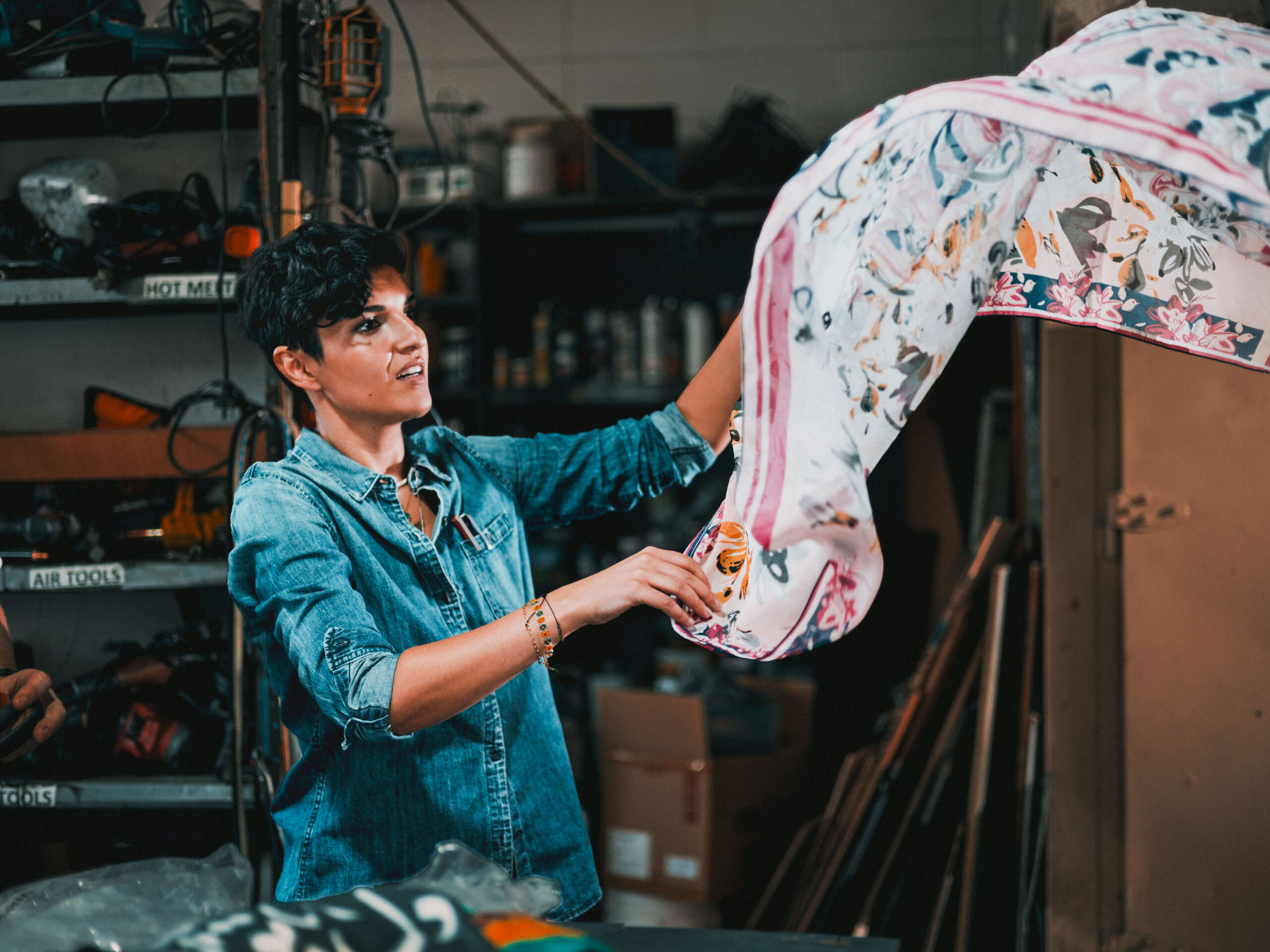
July 12, 2011
Bjarke Ingels Has Something to Sell

Bjarke Ingels is the golden retriever of contemporary architecture. He’s adorable, he’s full of energy, he always seems to be pushing up against your leg, begging you to toss his stick so he can show you what he can do.
Ingels’s relentless positivism is not just a personality trait, it’s an operating philosophy. As I write in a review of his recent monograph, Yes Is More, for Ingels, “every problem is an opportunity, every constraint a solution in disguise. Ingels’s particular gift is what management consultants call ‘getting to yes.’ ”
He’s been getting there quite often of late, and the projects he would build seem to be ever more ambitious. I don’t think we’ve seen an architect so committed to the megaproject since the late 1960s. He certainly has a sense of history, and his place in it: in the opening pages of the book, he positions himself at the end of a teleological sequence that moves from Mies to Venturi to Johnson to Koolhaas to Obama. It concludes with the image, of Ingels and his Chesire grin, you see above.
Ingels is selling not just his own work, but his way of working in the world, a Koolhaasian conflation of pragmatism and idealism. It is proactive and empowering, and when delivered with his optimistic pitch, it is proving hard to resist.
Observed
View all
Observed
By Mark Lamster
Related Posts

Business
Courtney L. McCluney, PhD|Essays
Rest as reparations: reimagining how we invest in Black women entrepreneurs

Design Impact
Seher Anand|Essays
Food branding without borders: chai, culture, and the politics of packaging

Graphic Design
Sarah Gephart|Essays
A new alphabet for a shared lived experience

Arts + Culture
Nila Rezaei|Essays
“Dear mother, I made us a seat”: a Mother’s Day tribute to the women of Iran
Recent Posts
Candace Parker & Michael C. Bush on Purpose, Leadership and Meeting the MomentCourtney L. McCluney, PhD|Essays
Rest as reparations: reimagining how we invest in Black women entrepreneurs Food branding without borders: chai, culture, and the politics of packaging Why scaling back on equity is more than risky — it’s economically irresponsibleRelated Posts

Business
Courtney L. McCluney, PhD|Essays
Rest as reparations: reimagining how we invest in Black women entrepreneurs

Design Impact
Seher Anand|Essays
Food branding without borders: chai, culture, and the politics of packaging

Graphic Design
Sarah Gephart|Essays
A new alphabet for a shared lived experience

Arts + Culture
Nila Rezaei|Essays
